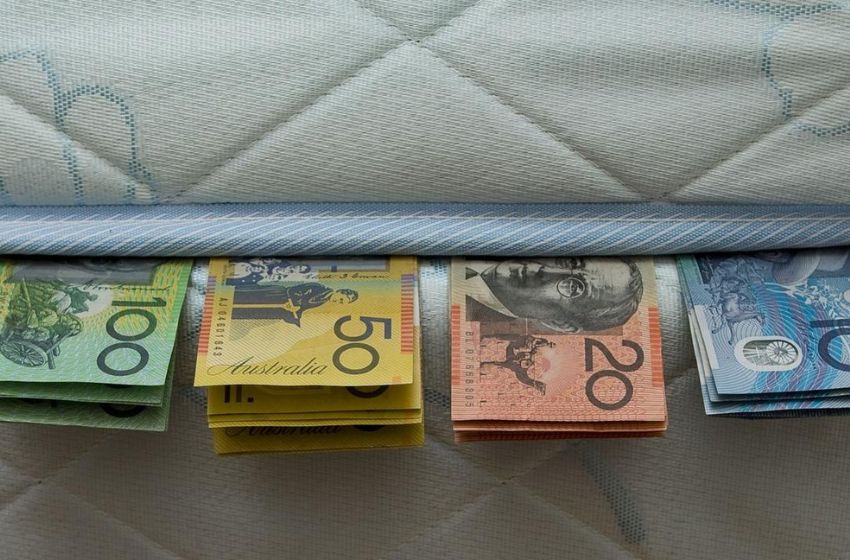The Secret Lives of Wallets: Why We Hide Our Money Habits

Money is often termed the ‘root of all evil,’ but perhaps it’s better framed as the root of all secrets. Whether it’s concealing the real cost of a new purchase or downplaying how much we earn, there’s something about financial matters that turns many of us into fibbers, both big and small. Why do we feel the need to hide our money habits, and what does this say about our relationship with finances and each other?
The Taboo of Money Talk
Discussing money remains one of society’s last taboos. While we’re increasingly open about various aspects of our lives, from relationships to mental health, money matters are often swept under the rug. This secrecy perpetuates a lack of understanding and can make people feel isolated in their financial struggles or triumphs.
Keeping Up Appearances
Social expectations and pressures often influence our money habits and our openness about them. Admitting that you can’t afford to go out for dinner or that you’re saving to buy a house can invite unwanted judgments or opinions from peers. To avoid the risk of appearing ‘less than,’ many people opt to keep their financial lives a secret.
Fear of Vulnerability
Money is power, and revealing your financial situation can feel like giving away some of that power. Whether you’re doing well or struggling, being open about your finances can make you feel vulnerable. This fear often leads people to hide the truth, even from those closest to them.
Competitive Edge
In professional settings, being cagey about your earnings can sometimes give you a competitive edge. If coworkers knew you were willing to accept a lower salary, it could undermine your position in future negotiations. On the flip side, high earners might hide their success to avoid resentment or increased expectations from others.
Relationship Dynamics
Money can be a fraught subject in relationships. Whether it’s a romantic partnership, friendship, or family, introducing money into the equation can alter dynamics significantly. To maintain peace or a semblance of equality, individuals might choose to hide their true spending or saving habits.
Self-Perception and Denial
Sometimes, the person we lie to the most about our financial habits is ourselves. Whether it’s ignoring mounting debt or inflating our earnings, these self-deceptions can serve as coping mechanisms for deeper insecurities or desires.
The Way Forward
The first step in breaking this cycle of financial fibs is self-awareness. Being honest with yourself about why you’re hiding your money habits can be enlightening. The next step is to foster open conversations about money, both with yourself and others. Transparency can be freeing, and discussing money openly can lead to better financial decisions and less stress.
Money is more than just currency; it’s a charged symbol of our aspirations, successes, failures, and fears. While it’s understandable why many choose to keep their financial lives hidden, breaking down these barriers can lead to healthier relationships and a healthier bank balance. After all, honesty is not just the best policy in life but also in finances.




